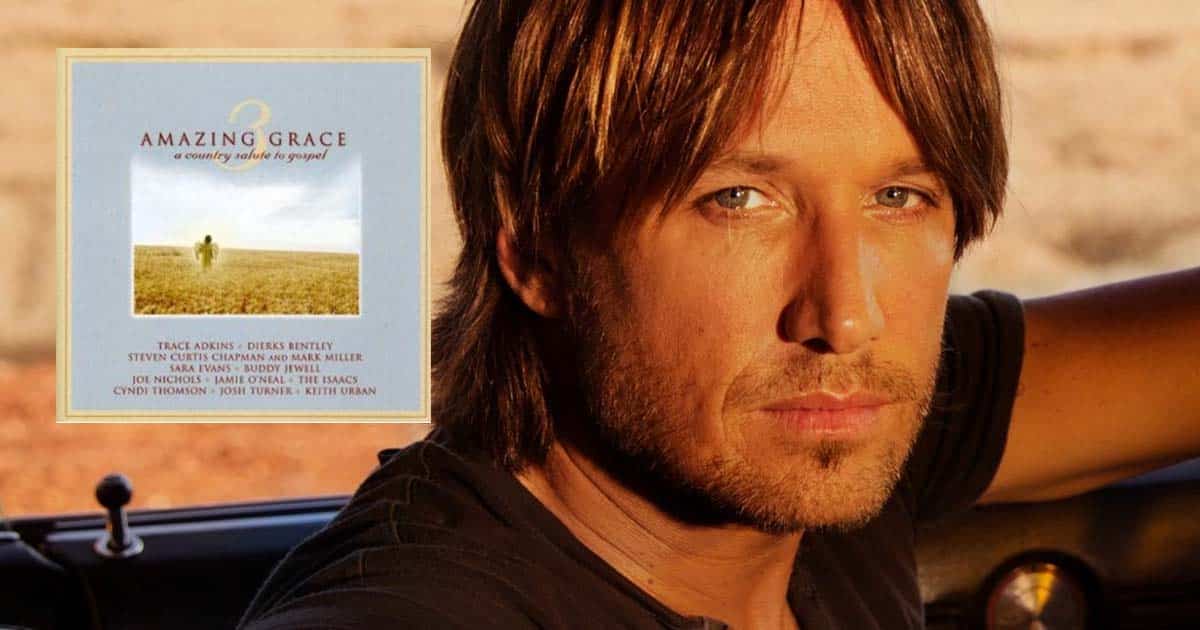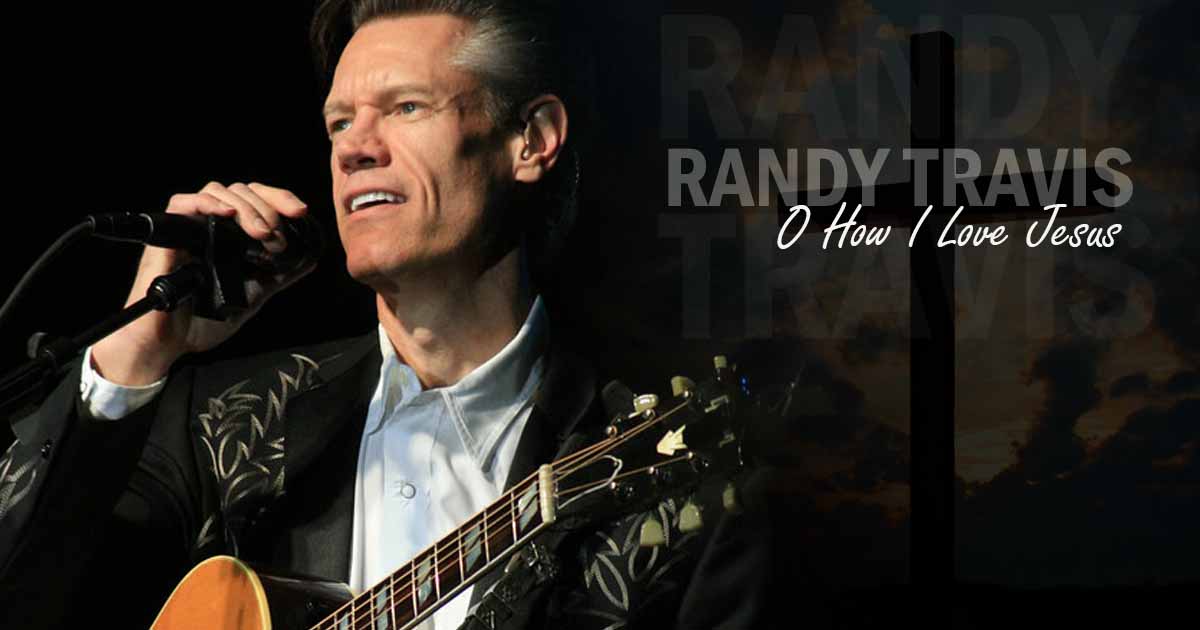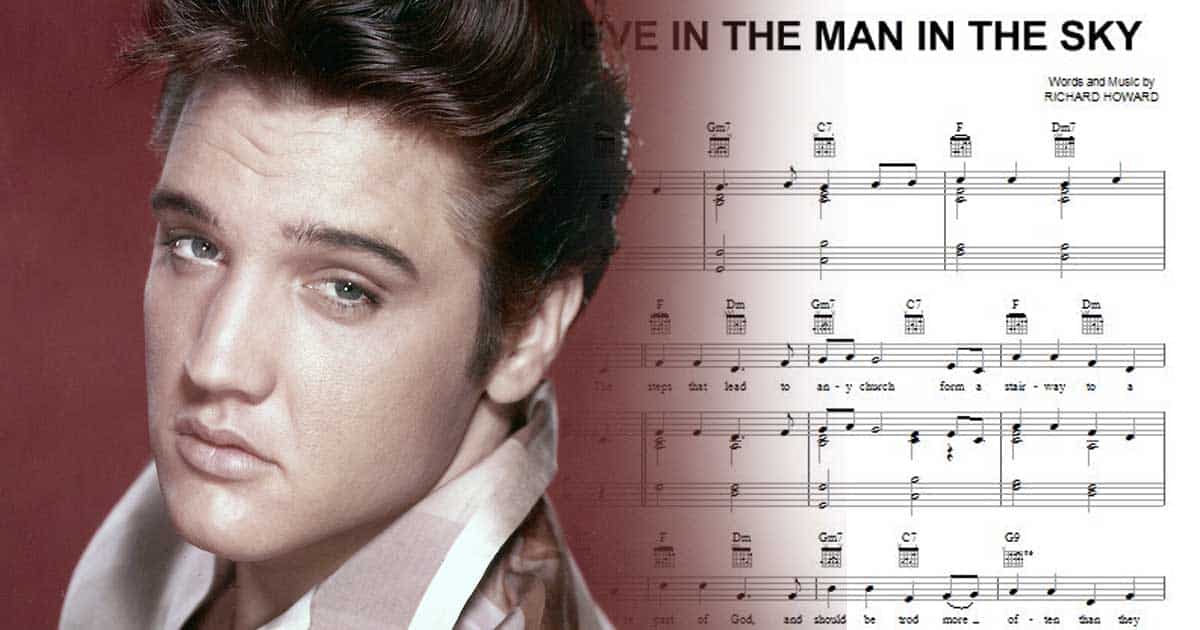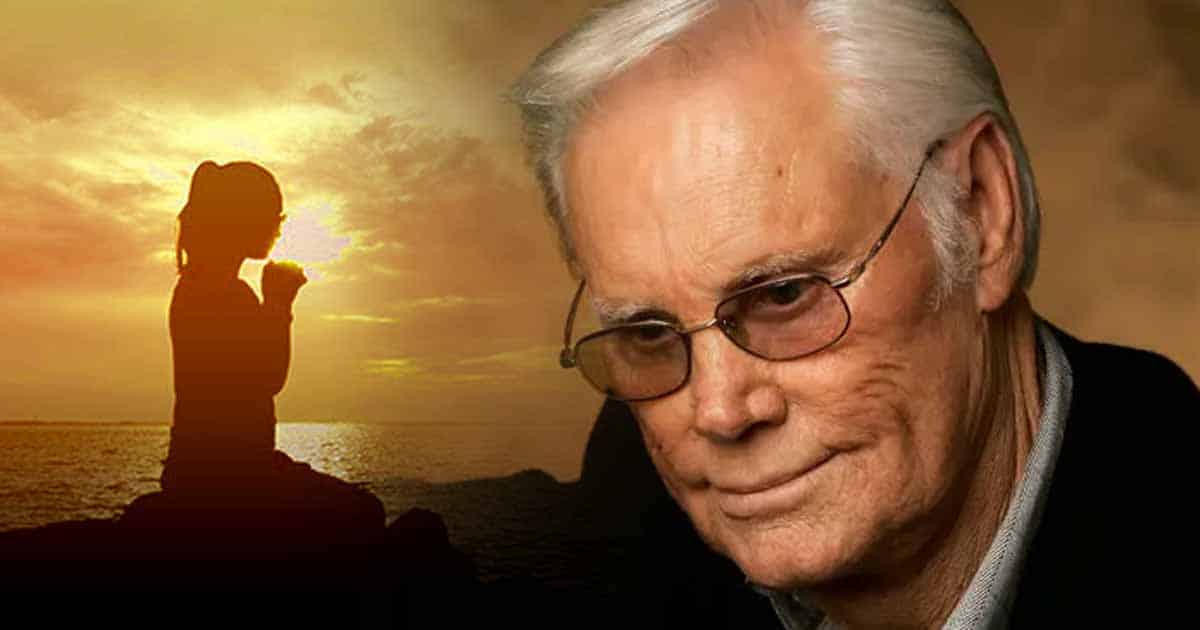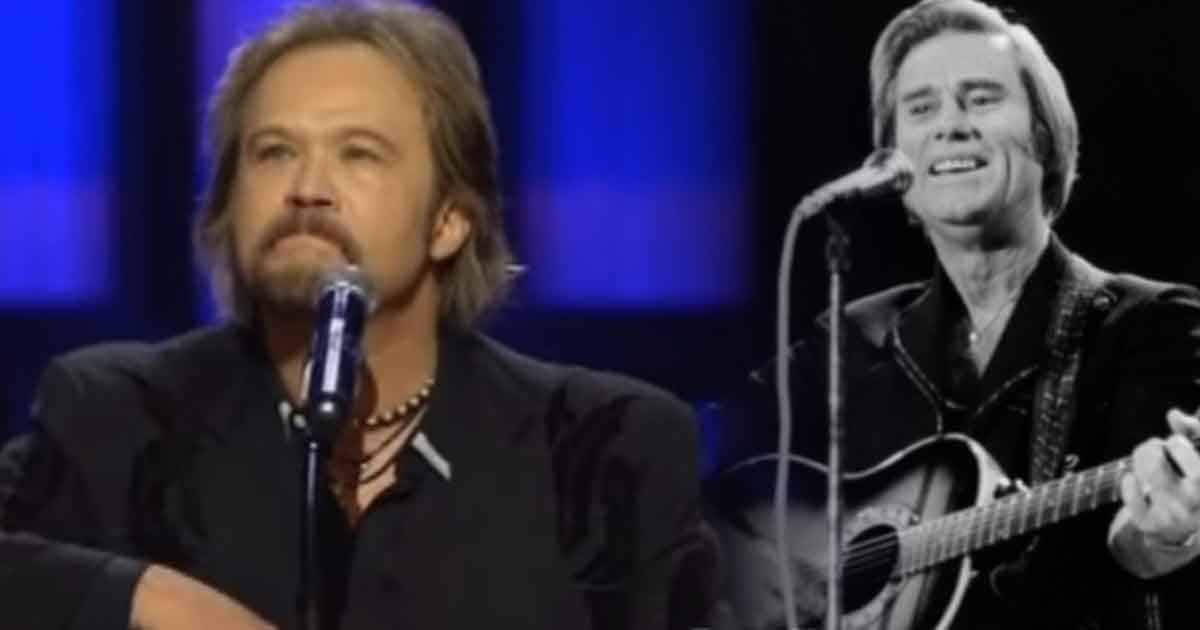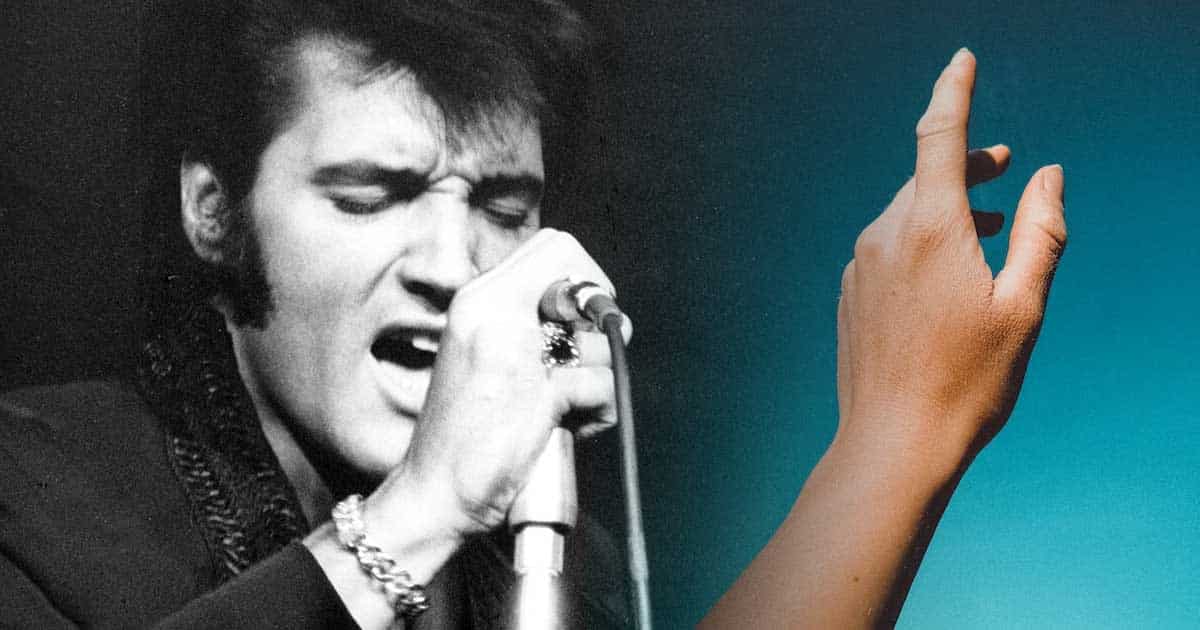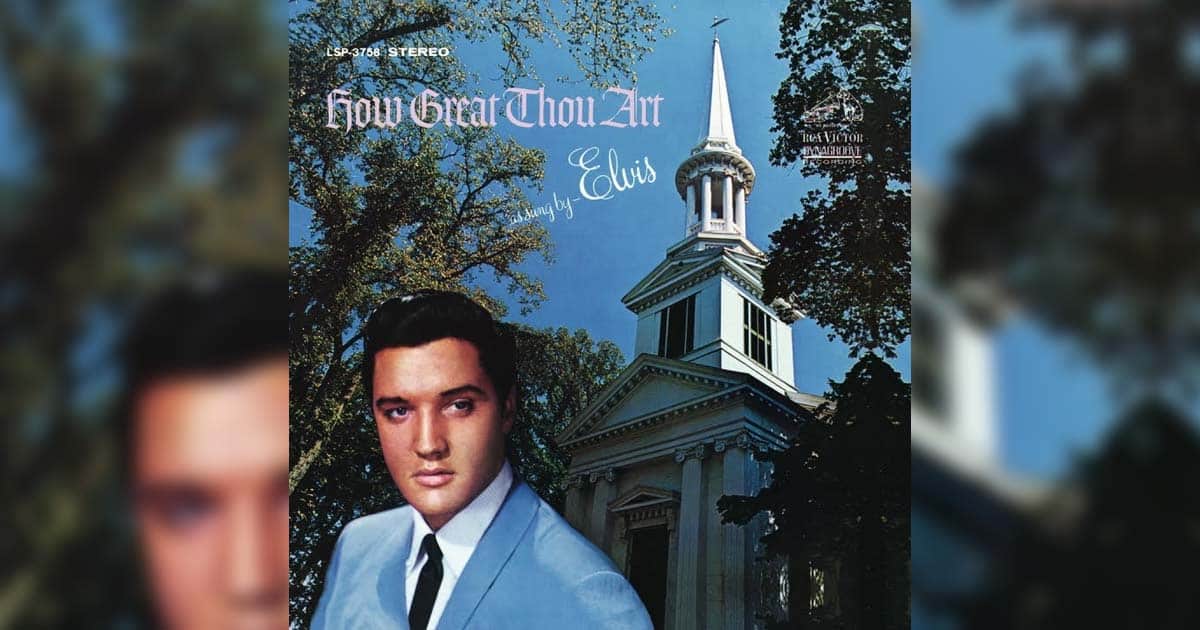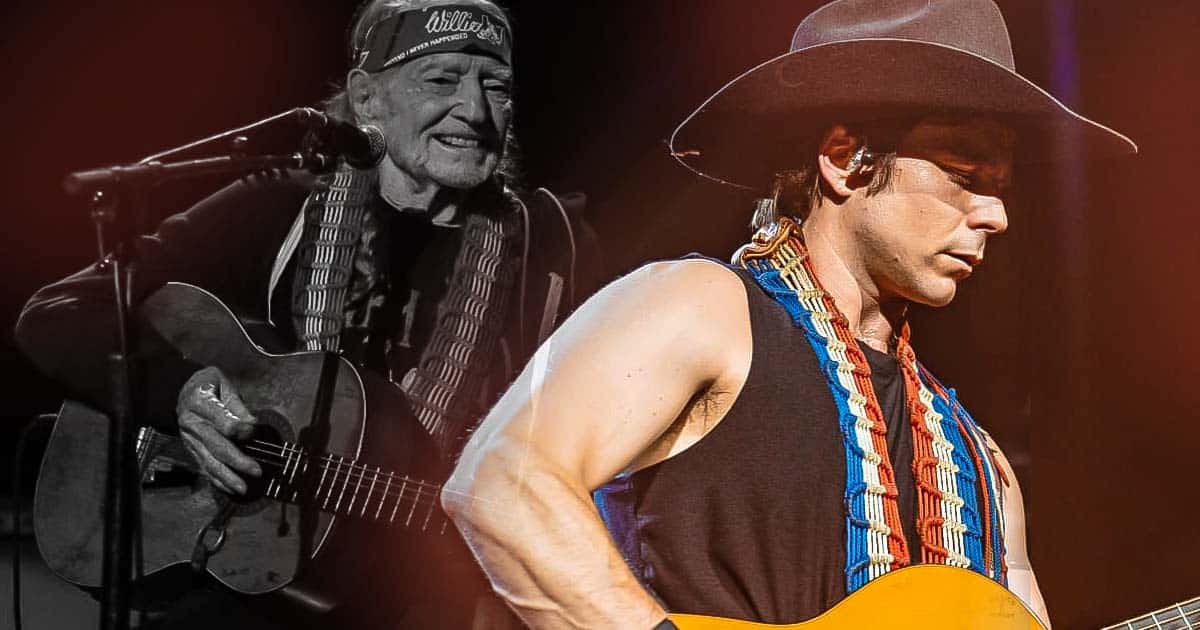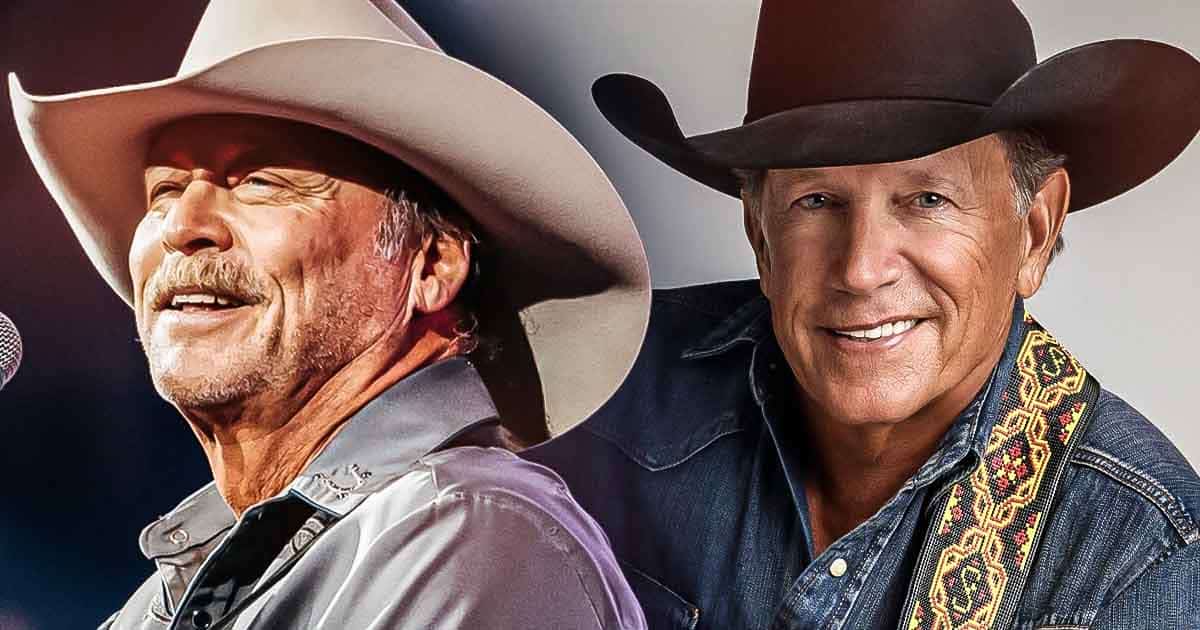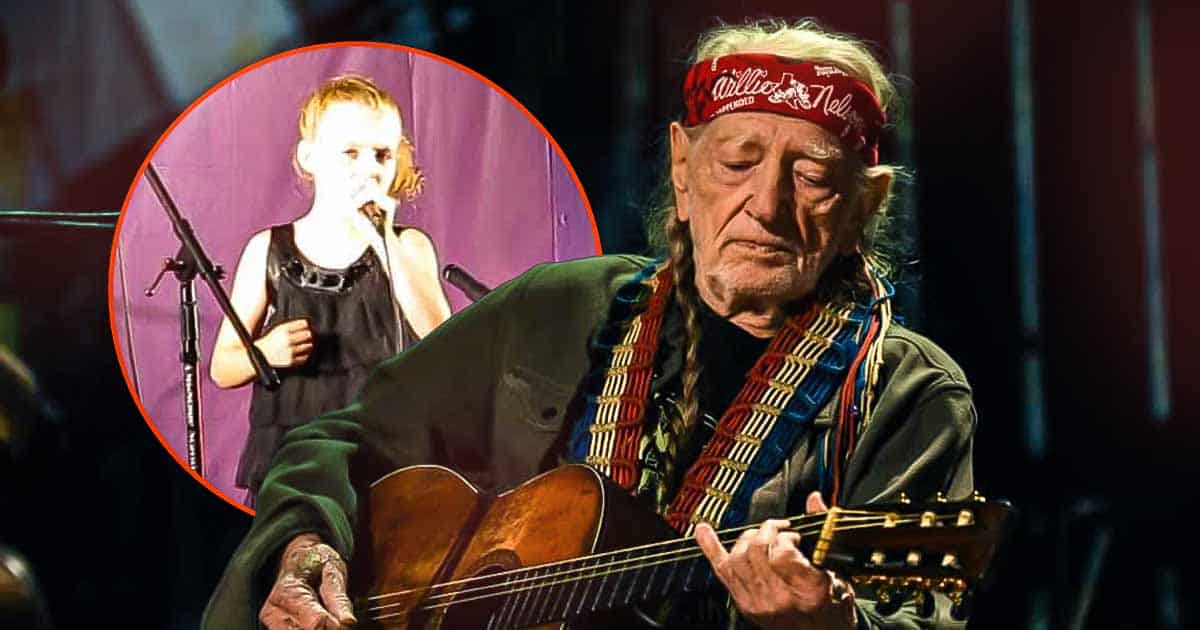New Zealand country singer Keith Urban was among the various artists who released a song from the Christian country album Amazing Grace Volume III Salute to Gospel on June 15, 2004.
His mellow rendition of “I’ll Fly Away” was distinguishable from numerous versions of recording artists from the past through its simple and homely musical composition. From the earliest recording of Selah Jubilee Singers’ in 1941, the dreamy performance of the Kossoy sisters in 1956, and Urban’s version in 2004, “I’ll Fly Away” has been widely known as a popular gospel song through different eras.
Influenced by the ballad “The Prisoner’s Song,” “I’ll Fly Away” is a gospel hymn written by Albert E. Brumley in 1929. It was only released in 1932 and became the most-recorded gospel song and played in worship services later on. Also, it is played in many hymnals under the themes of eternal life, heaven, and acceptance, which became a standard for bluegrass sessions and traditional jazz funerals.
With Keith Urban’s classic hits like “Blue Ain’t Your Color,” “Stupid Boy,” and “Somebody Like You,” his somber country version of “I’ll Fly Away” conveys the desire to flee from daily struggles and find eternal bliss. The first verse discusses the dwelling on God’s celestial shore, painting a vivid image of the singer’s eagerness to leave everything behind in exchange for His realm. The line “I’ll fly away, Oh Glory; When I die, Hallelujah, by and by” suggests that death is a divine experience rather than a mournful loss.
The theme of the song revolves around the fleeting feeling of liberation from earthly challenges and transcending the metaphysical. The lyrics end with profound weariness and an affirmation that a joyful life awaits. “I’ll Fly Away” denotes a greater purpose beyond our waking lives.
Now, you’re ready to listen to Keith Urban’s warm rendition of “I’ll Fly Away” with the video below.

